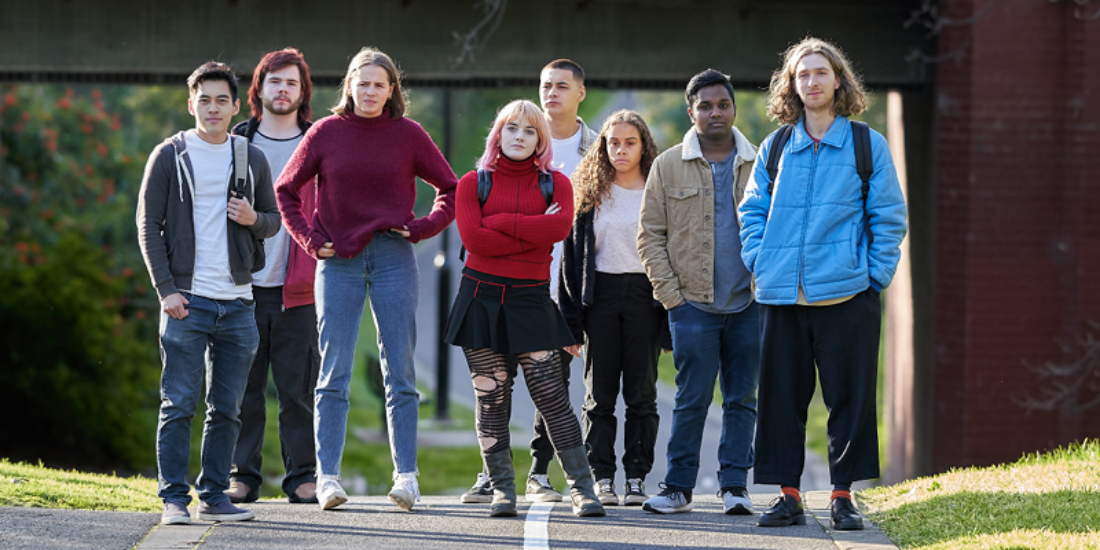
On 22 July 2022 the Australian Bureau of Statistics released the findings from the National Mental Health and Wellbeing Survey (2020-21), the first dedicated national population mental health and wellbeing survey to be conducted since 2007.
The findings paint a concerning picture for the mental health of Australia’s young people, particularly compared to other age groups.
Almost two in five people (39.6%) aged 16-24 years reported a 12-month mental health condition, compared to 27.1 per cent of 25–34 year olds and 11.4 per cent of 65-74 year olds.
While one in five (20.0%) people aged 16-34 years experienced high or very high levels of psychological distress, twice the rate of people aged 65-85 years (9.6%).
Younger women appear to be particularly impacted with almost half of females aged 16-24 years reporting a mental health condition in the past 12 months compared to one in five people across all ages and genders.
26 per cent of young women aged 16-24 years reported high or very high levels of psychological distress compared to 14.3 per cent of young males. Almost one in ten women aged 16-34 years reported a lifetime instance of binge eating, compared to 3.1 per cent of 65-84 year old women and 3.8 per cent of young males aged 16-34 years.
Females also had higher lifetime rates of self-harm than males (11.4% compared with 6.2%) which was more prevalent among younger cohorts of women with almost one in four females aged 16-34 years reporting having self-harmed in their lifetime and one in fourteen having self-harmed in just the last 12 months.
44.7 per cent of people who identified as Gay, Lesbian, Bisexual (or who used a different term such as Asexual, Pansexual or Queer) reported a 12-month period of clinically diagnosable anxiety compared to 16.8 per cent of the broader population.
Needs not being met by services
Younger people were more likely to see a health professional for their mental health (24.1%) compared to 16.8 per cent of people aged 35-64 years and 7.5 per cent of people aged 65-85 years. However, approximately a third of those aged 16-34 years with a 12-month mental health condition who had consultations with health professionals for their mental health said that it either did not meet or only partially met their counselling or information needs.
However, the survey also highlighted the need to tailor services to meet the preferences of younger age groups, with 16-34-year-old 13 times more likely to utilise digital services of support (8%) compared to 65-85-year-old (0.6%).
These long-awaited survey results provide us with critical up-to-date information we need to understand the scale of mental ill-health experience across the country, to identify population groups that require urgent support and attention (such as young women and LGBTIQA+ communities), and design a contemporary and appropriately resourced system and service response that can respond to the scale of the problem. It is imperative that we do not wait another 15 years to conduct this survey again.
Orygen has prepared a more detailed summary of the results as they relate to young people which can be found here.
The full results can be accessed on the ABS website here.